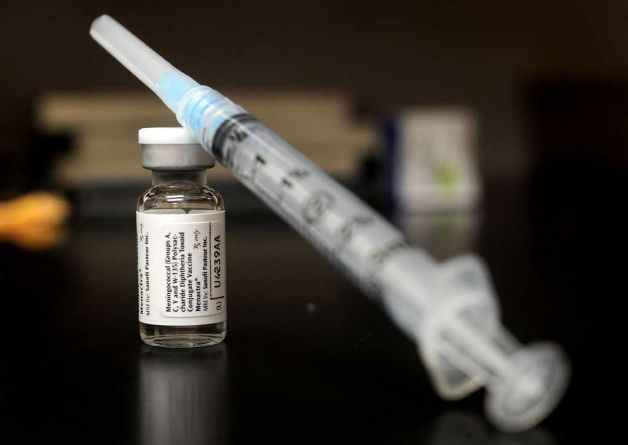
Kenyan advocacy group fears tax on condoms will spark increase in HIV cases
With a rate of 3.7 percent, World Population Review says Kenya currently has the 14th highest HIV prevalence rate in Africa. The country has an ambitious goal of eliminating HIV/AIDS in the country by 2030. However, the AIDS Healthcare Foundation (AHF) Kenya says a shortage of free condoms in the country threatens to trigger a wave of new HIV infections and related deaths. Condoms are widely regarded as the most affordable way to avoid sexually transmitted diseases and unplanned pregnancies.
AHF Kenya Country Program Director Dr. Samuel Kinyanjui said some donors have either scaled down or fully withdrawn funding that enables the provision of free condoms due to various reasons.
“Going with the data we are seeing from sexually transmitted infections, which is almost like a precursor, we are going to see a reversal. Last year, 2022, was the first year over the last ten years when new HIV infections increased. All the other years (the infections) were going down but last year was the first one the HIV infections went up. We are waiting to see what happens this year,” Kinyanjui told CGTN Africa.
Kenya imposes 16 percent value-added tax on condoms
Kinyanjui added that the imposition of a 16 percent value-added tax on condoms after they were reclassified as medical devices instead of medical supplies further complicates the issue.
“The taxation hit anything else that is not considered ‘medicine’. Needles are called non-pharmaceuticals, bandages are also being taxed, gloves are taxed, and condoms are taxed. All these things contribute to increasing the burden on the providers (of condoms).”
The Kenya Medical Association estimates that Kenya needs at least 350 million condoms annually but the government can only provide 160 million.
AHF Kenya alone distributed more than 12 million free condoms in 2021. That figure dropped to about 2.83 million in 2022, and between the first and second quarters of 2023, that figure was just 1.83 million.
It is clear to see that there is a huge gap to fill for condom distribution targets to be met.
Sharon Ngema, a youth activist at AHF Kenya, said the shortage comes at a time when more young people embrace the use of condoms.
“The most interesting part is that women have been empowered. During the condom distributions that I have been part of, I have noticed that more women will pick the condoms, whether it is male condoms or female condoms; they are protecting themselves,” Ngema said.
Activist group pushing government to scrap ‘condoms tax’
According to Kinyanjui, the government stands to save a significant sum of money on the treatment of HIV patients in the long run if it scrapped the tax to boost the accessibility of condoms.
“For any one person who gets infected with HIV, the government will need to spend between 25,000-30,000 shillings a year, for the lifetime of that individual,” Kinyanjui said.
For this to be effective, Kinyanjui added, the government must view HIV prevention as an investment and not a taxable expense.
Kinyanjui said AHF Kenya is urging the government to scrap the tax on condoms. AHF Kenya plans on tapping an expert who can “speak the financial language the Ministry of Finance and Planning understands” to strengthen its argument against taxation.
He, however, pointed out that AHF is actively pursuing investment in a condom factory within Kenya as a contingency plan should the talks fail to bear fruit.
“The economic advisors of the president confirmed that this is doable and the government is open to reducing input and manufacturing plant taxes to make it happen.”
“If we continue as we are doing now, nothing changes, we do not add anything and we do not remove anything, our fight against HIV will stagnate.”
The organisation is undertaking other initiatives to augment its prevention measures, including mentorship programs, public and online forums on HIV issues, and collaborations with regional authorities and community members to strengthen prevention measures.






